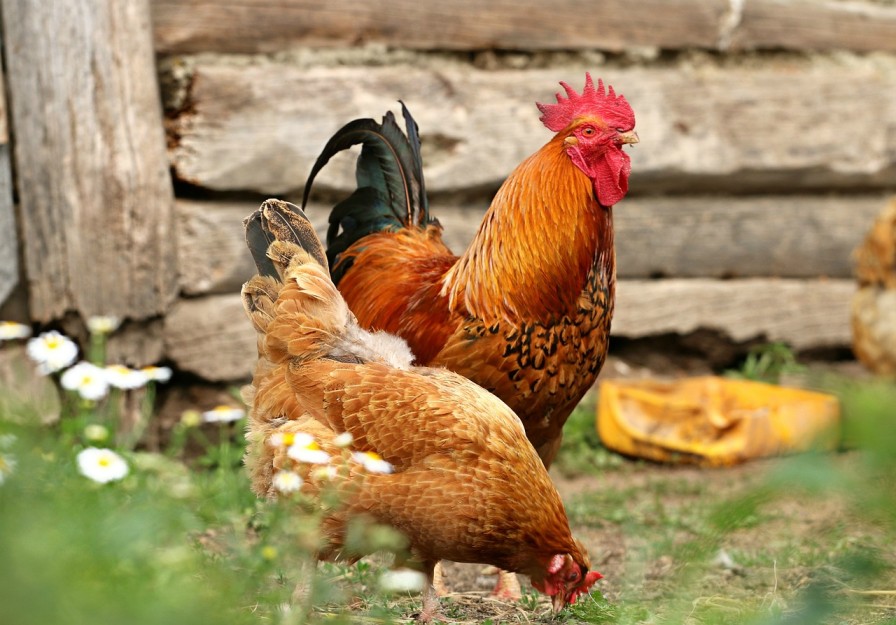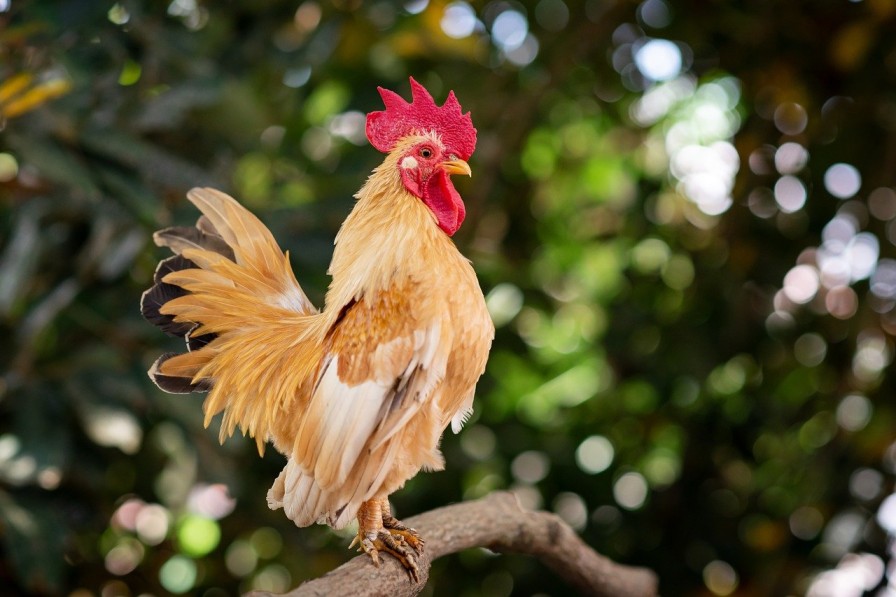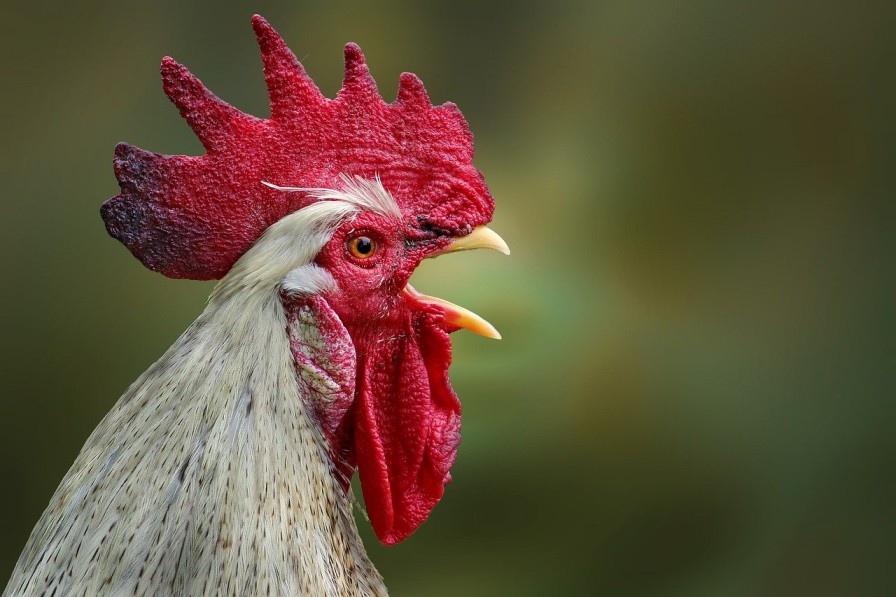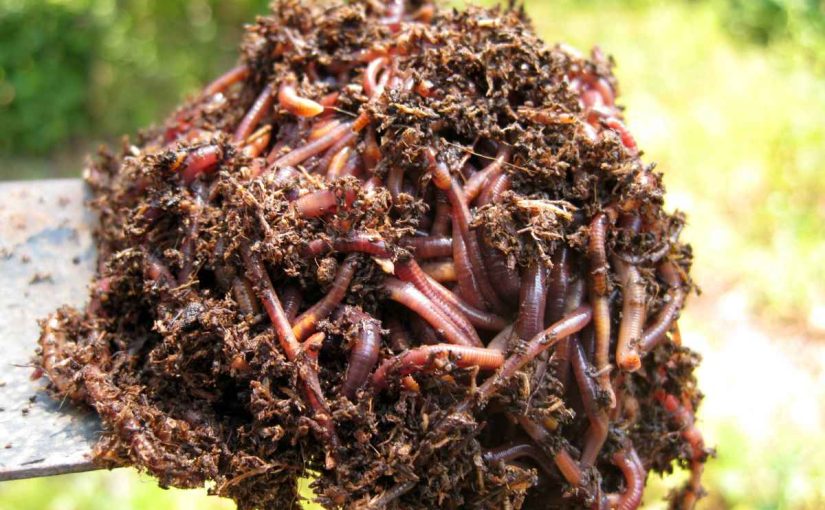Keeping chickens is not only a rewarding hobby but also a commitment that comes with various responsibilities, especially when it comes to their health and safety. Emergencies can arise unexpectedly, ranging from health issues and natural disasters to accidents and supply chain disruptions.
To ensure the well-being of your flock, creating a comprehensive backup plan is essential. Here’s an in-depth guide to help you prepare for chicken emergencies effectively, ensuring that your chickens remain safe and healthy.

1. Assess Potential Risks
The first step in creating a backup plan is to conduct a thorough assessment of the potential risks that could impact your chickens. Understanding these risks allows you to tailor your emergency strategies accordingly. Here are some common emergencies to consider:
- Health Issues: Chickens can be susceptible to various diseases, parasites, and injuries. Common ailments include respiratory infections, coccidiosis, and mites. Outbreaks can happen unexpectedly, leading to significant health problems within your flock.
- Environmental Hazards: Extreme weather conditions, such as heatwaves, heavy rain, snow, or cold spells, can threaten your chickens’ safety. Additionally, predators like raccoons, hawks, or stray dogs can pose a risk, especially during nighttime or in vulnerable conditions.
- Natural Disasters: Floods, fires, earthquakes, or severe storms can disrupt your chicken’s habitat, leading to the loss of shelter and food sources. Knowing the natural disaster risks in your area can help you prepare accordingly.
- Food Supply Disruptions: Shortages of feed or clean water can occur due to supply chain issues, market fluctuations, or increased demand. In a pinch, having alternative sources of nutrition or emergency feed stored can be a lifesaver.
By understanding these risks, you can develop a more tailored and effective emergency plan for your chickens.
2. Establish an Emergency Contact List
An emergency contact list is crucial for a swift response during a crisis. Compile a list of important contacts that may need to be reached during an emergency, including:
- Veterinarian: Identify a veterinarian who specializes in poultry or has experience with chickens. Having their contact information readily available can save precious time during health emergencies, ensuring your chickens receive prompt care.
- Local Animal Control: For issues related to predators or stray animals, knowing who to call can help protect your flock. Many local animal control agencies can assist in managing wildlife threats.
- Neighbors or Friends: Identify nearby neighbors or friends who can assist in an emergency, especially if you’re unavailable. Having a trusted friend or neighbor who understands chicken care can make a significant difference.
- Local Feed Suppliers: Keep a list of local feed suppliers to ensure you can quickly access food and supplies when needed. Establishing a good relationship with suppliers can also provide insights into future supply chain issues.
Make sure this contact list is easily accessible, perhaps on your phone or posted in a prominent place in your coop, and share it with anyone involved in your chickens’ care.

3. Create a Health Care Plan
Developing a comprehensive health care plan is crucial for managing potential health emergencies. This plan should include:
- Routine Check-Ups: Schedule regular veterinary visits to keep your flock healthy and catch any potential issues early. Regular check-ups can help identify problems before they become serious.
- Vaccination Schedule: Stay updated on vaccinations necessary for your chickens, such as those for Marek’s disease, avian influenza, or Newcastle disease. Consult with your veterinarian to establish a vaccination schedule based on your flock’s needs.
- First Aid Kit: Assemble a chicken first aid kit that includes essential items like antiseptic, bandages, and medications for common issues (e.g., electrolytes for dehydration, antibiotics for infections). Familiarize yourself with how to use these supplies effectively.
- Signs of Illness: Educate yourself on the common signs of illness in chickens, such as lethargy, changes in appetite, respiratory issues, or abnormal droppings. Early detection can lead to more effective treatment and recovery.
By having a proactive health care plan, you can minimize the impact of health emergencies on your flock and ensure that they receive timely care when needed.
4. Prepare for Environmental Hazards
Environmental hazards can pose a significant risk to your chickens, so it’s important to prepare accordingly:
- Shelter: Ensure that your chicken coop is sturdy and weather-resistant. Inspect it regularly for any potential vulnerabilities, such as leaks or weak points that could allow predators to enter. Reinforce the coop and run as needed.
- Ventilation: Proper ventilation is crucial to prevent overheating during hot weather. Ensure that your coop has adequate airflow while still providing protection from predators. Consider installing adjustable vents that can be opened or closed based on the weather conditions.
- Predator Prevention: Install sturdy fencing around your chicken coop and run. Use buried fencing to prevent digging and consider adding motion-activated lights or sound devices to deter predators. Regularly inspect the area around your coop for signs of predator activity and make necessary adjustments.
- Emergency Shelter: Consider having a temporary shelter or portable coop on hand that can be quickly set up in case of extreme weather or a predator threat. This shelter can be made from easy-to-assemble materials and should be lightweight for easy transport.
Taking these proactive steps will help safeguard your chickens from environmental dangers and ensure they have a secure living space.
5. Plan for Food and Water Supply
A reliable food and water supply is essential for your chickens’ well-being, especially during emergencies. Consider the following:
- Stock Up on Supplies: Keep an emergency stockpile of chicken feed and clean water. A general rule of thumb is to have at least a week’s worth of feed stored, as well as several gallons of fresh water. This can be especially important during natural disasters when access to supplies may be limited.
- Water Sources: Ensure you have backup water sources, such as large containers, buckets, or rain barrels, to provide water in case of supply interruptions. Regularly check and clean water sources to prevent contamination and ensure they are filled during emergencies.
- Feeding Schedule: Maintain a consistent feeding schedule to ensure your chickens are well-nourished. Familiarize yourself with the amount of feed your flock requires daily, taking into account factors like age, breed, and production needs (e.g., layers vs. broilers).
- Alternative Nutrition Sources: Consider keeping alternative sources of nutrition, such as grains, kitchen scraps (vegetable peels, grains), or even sprouted seeds, to supplement their diet in case of feed shortages.
By planning for food and water supplies, you will keep your flock healthy and well-nourished during emergencies.
6. Create an Evacuation Plan
In the event of a natural disaster or other emergencies, having an evacuation plan is crucial. Consider the following steps:
- Identify Safe Locations: Determine where you could relocate your chickens in case of an emergency. This could be a friend’s farm, a neighbor’s property, or an emergency shelter designated for livestock.
- Transportation: Have a means of transport ready, such as carriers or crates, to safely transport your chickens if needed. Make sure these are easily accessible and familiar to your birds to reduce stress during transport. Practice loading your chickens into these carriers to make the process smoother in an emergency.
- Practice Evacuation Drills: Conduct practice drills to ensure that you and anyone helping you can quickly and efficiently evacuate the chickens. This will help reduce panic and confusion during a real emergency.
- Emergency Supplies: Prepare an emergency kit that includes food, water, and necessary health supplies for your chickens during evacuation. Having these essentials on hand will make the transition easier.
An effective evacuation plan will ensure the safety of your flock during emergencies and provide peace of mind knowing you’re prepared.
7. Document Important Information
Keeping a record of important information related to your chickens can assist in emergencies. This documentation can include:
- Health Records: Maintain records of vaccinations, health check-ups, and any medications administered. This information will be useful for your veterinarian if issues arise and can help streamline treatment.
- Contact Information: Keep a list of all emergency contacts and their roles in your backup plan. This will streamline communication during a crisis, ensuring everyone knows their responsibilities.
- Feeding and Care Instructions: Document feeding schedules, dietary needs, and care instructions to share with anyone who may need to care for your chickens in your absence. This can be especially helpful for neighbors or friends stepping in during emergencies.
- Emergency Procedures: Write down detailed emergency procedures, including steps to take for various situations (e.g., disease outbreaks, natural disasters). Share these procedures with your emergency contacts.
Having organized documentation will facilitate quick decision-making during emergencies and help maintain the care standards for your chickens.

8. Stay Informed and Educated
Continuously educate yourself about chicken care and emergency preparedness. This ongoing education can help you feel more equipped to handle any situation. Consider the following approaches:
- Researching Best Practices: Read articles, books, and join online forums or local groups focused on chicken care and emergency management. Understanding the latest research and best practices can enhance your preparedness.
- Attending Workshops: Participate in workshops or webinars related to poultry health, emergency preparedness, and sustainable farming practices. Learning from experts in the field can provide valuable insights and practical strategies.
- Networking: Connect with other chicken owners to share experiences and strategies for managing emergencies effectively. Joining local poultry clubs or online communities can foster a sense of support and resource sharing.
- Emergency Training: Consider training courses in basic animal care, first aid, and emergency response. This knowledge can significantly enhance your ability to handle emergencies with confidence.
Staying informed will empower you to respond to emergencies confidently and efficiently, ensuring the health and safety of your chickens.
Conclusion
Creating a backup plan for chicken emergencies is essential for the health and safety of your flock. By assessing potential risks, establishing an emergency contact list, developing a health care plan, preparing for environmental hazards, and documenting important information, you can mitigate the impact of unforeseen circumstances. Staying informed and educated about chicken care will further strengthen your ability to respond to emergencies. With a solid backup plan in place, you can ensure that your chickens thrive, no matter what challenges arise.



